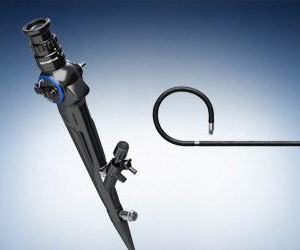FDA warns endoscope maker Olympus over quality system, device reporting issues
 AsiaDiagnostics/IVDsMedical DevicesNorth AmericaQuality Assurance and ControlRegulatory Intelligence/Policy
AsiaDiagnostics/IVDsMedical DevicesNorth AmericaQuality Assurance and ControlRegulatory Intelligence/Policy AsiaDiagnostics/IVDsMedical DevicesNorth AmericaQuality Assurance and ControlRegulatory Intelligence/Policy
AsiaDiagnostics/IVDsMedical DevicesNorth AmericaQuality Assurance and ControlRegulatory Intelligence/Policy